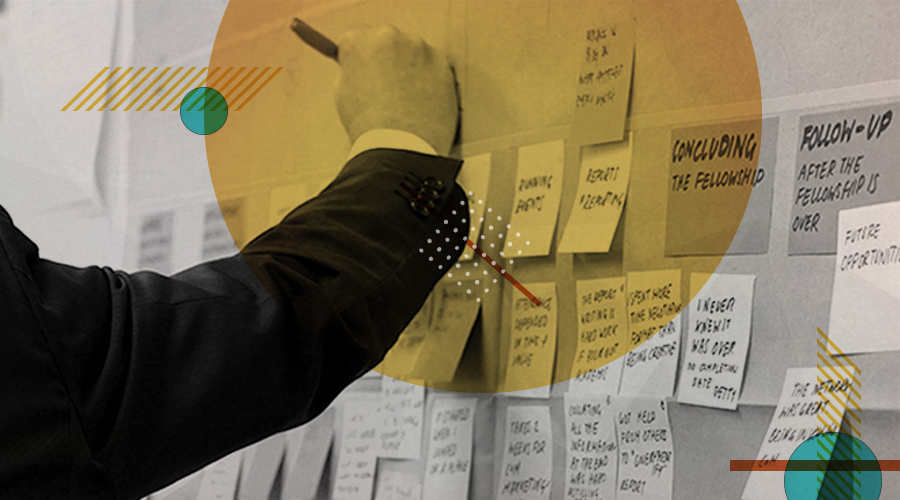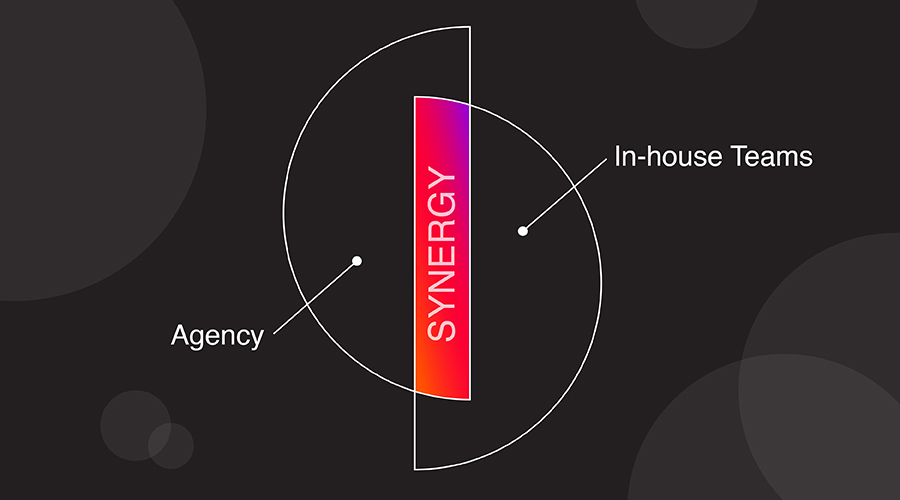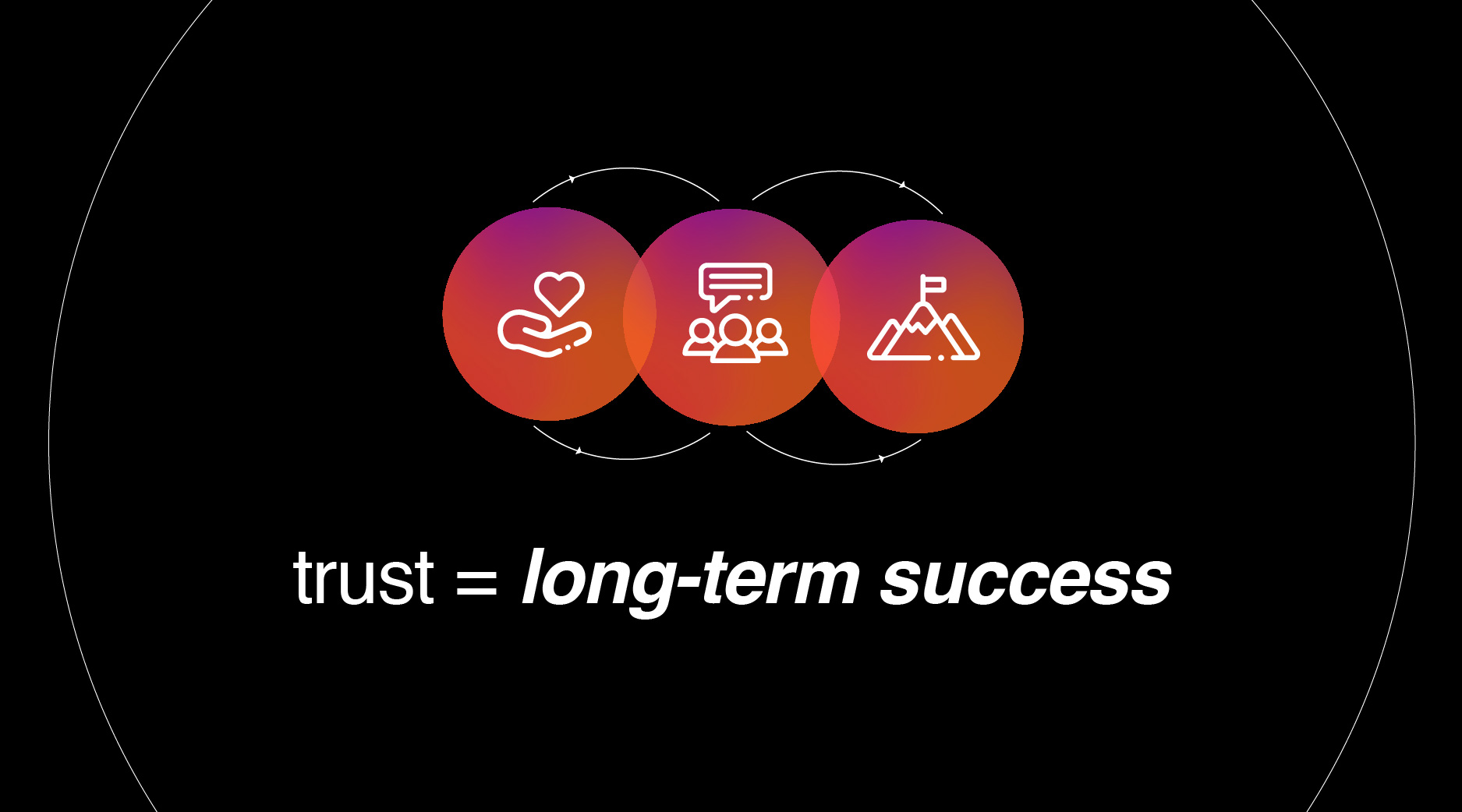Are you one of the 40 percent who sets a personal resolution for the new year? Maybe yours is to go to the gym consistently, eat healthier, read more books…
But what about a resolution for your professional goals? While the statistics for business resolutions aren’t as readily available, a new year is a “fresh start” for your business, too — an opportunity to renew focus, drive alignment or set a new strategy in motion.
So, how do you get there? It takes a little more than just posting on your social media with a hashtag like #accountability. (Friendly note, that strategy alone hasn’t helped many people with regular attendance at the gym yet, either.) To build momentum and to keep things moving forward, you need to take action. One action to consider for your business is holding a workshop — a structured way to collaborate on an issue or decision that results in a specific outcome.
Related: Simple Lessons for Complex Projects
Of course, a workshop can happen any time of the year, but we’ve found for many of our clients, it’s best to kick off the year with a workshop when any of the following happen:
You’re introducing a new technology and/or partner relationship. Whether it’s time to retire your legacy CRM system, or you’re onboarding a new partner to handle your media buys, bringing together key stakeholders like your marketing and sales teams, along with IT and other data/technology partners, can be key. The workshop process helps to break down the silos that exist in many organizations and can align goals and people, making the implementation and onboarding process run more smoothly — both internally and for your customers.
“What we’ve always done” isn’t working anymore — and you’re not sure why. Let’s face it. Marketing is changing at a breakneck pace. So quickly, in fact, that sometimes maintaining the status quo is all you can do. Or maybe you’re at the other extreme — to stay “cutting edge,” you (and not to sound too cliché here, but…) “throw spaghetti at the wall and hope something sticks.” A workshop can help you uncover what’s important — where you have the most opportunity to make a significant impact on a customer’s experience and how can you maximize that experience, either by improving something you’re already doing or trying something completely different.
There’s a change in leadership. Perhaps a retirement has resulted in a new CEO, or a reorganization has created a new CMO position. Whatever the case, a workshop can help your team effectively merge the old and new into a sustainable strategy — surfacing the historic pieces of the business that are worth preserving and identifying which are ready for a reset. This type of collaborative setting also helps the new leadership team build cohesion that will positively impact how the leadership change is embraced internally.
Whether you facilitate the workshop yourself or bring in a partner to help facilitate, there are a few things that you can expect:
A unique way to approach problems and conversations. Unlike a meeting, a workshop helps your team approach problems and opportunities in new ways. Workshops should generally include a significant amount of preparation from everyone involved. This helps move your team more quickly to the desired outcomes. And, a workshop agenda is more interactive than a traditional meeting. Expect to use a lot of whiteboards, sticky notes, etc. in a way that encourages equal participation and ensures all voices are heard.
A strong foundation for managing change in your organization. The core of any effective change is champions who will advocate for and enable the change. By bringing key stakeholders together in a workshop setting, these individuals become your champions. That’s because a workshop builds buy-in and creates alignment in the group that will carry the new recommendations, strategy or change back to your organization. This is especially critical for matrixed brands that function as business units or products groups and need to effectively work together.
At least one (but many times, several) “aha” moments. These are those unexpected discoveries. Maybe it’s an insight about a customer segment that your operations manager brings to the table or a realization that a business activity isn’t really bringing a sustainable ROI. It’s not uncommon for companies to come into a workshop with an idea of what they expect the results to be and find that after discussions and activities and wrestling with some of the tough questions, the outcome is even better than expected.
So, if 2020 is the year that you want to renew a business focus, drive alignment or implement a new strategy, make a resolution — and take the action — to hold a workshop.
Related: So You Think You Need a Workshop





